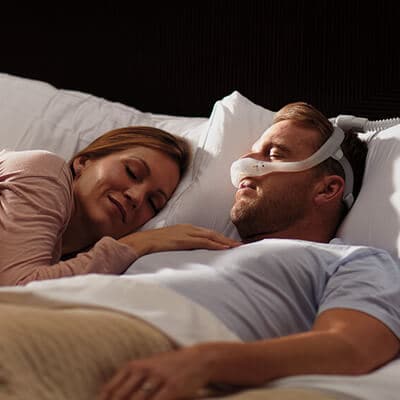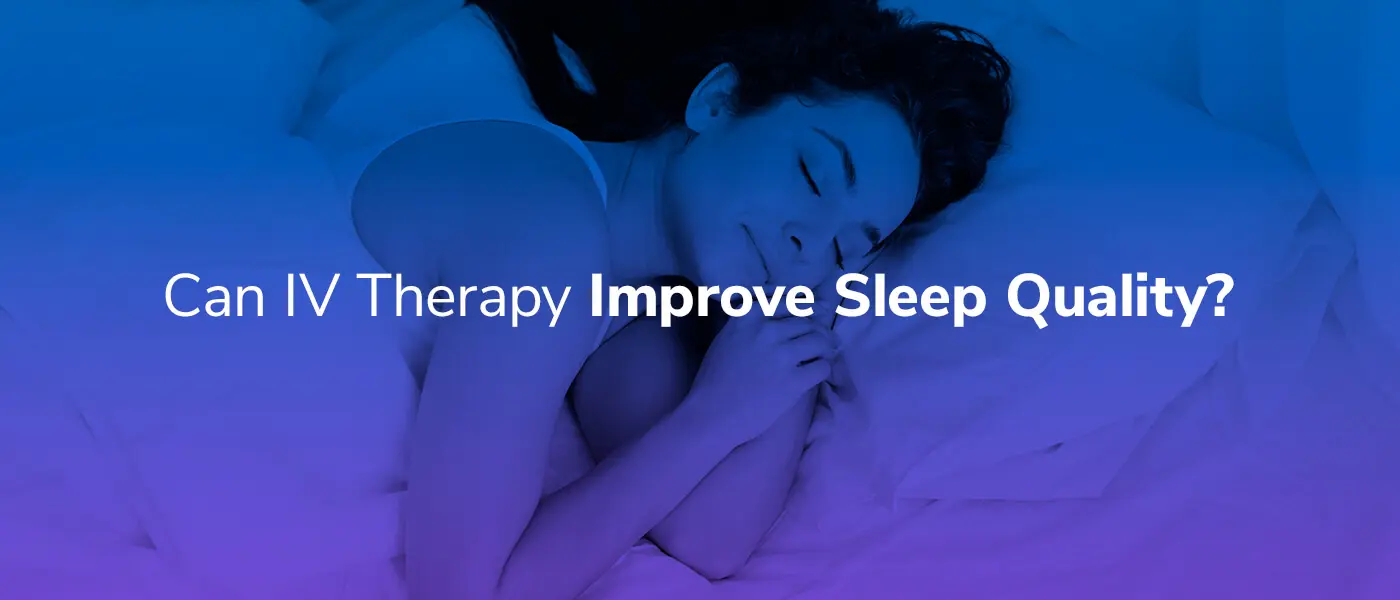Comprehensive Sleep Disorder Treatment - Discover the very best Solutions
Comprehensive Sleep Disorder Treatment - Discover the very best Solutions
Blog Article
Effective Treatment Solutions for Taking Care Of Sleep Disorders and Enhancing Peaceful Rest
In the world of health care, the management of rest conditions and the pursuit for relaxing rest are crucial elements of general well-being. As we navigate the intricate landscape of rest disorders and seek to improve our rest experience, a much deeper understanding of these therapy services may hold the trick to opening a more relaxing and fulfilling corrective journey.
Cognitive Behavior Modification for Insomnia (CBT-I)
Cognitive Behavior Therapy for Sleeping Disorders (CBT-I) is an organized, evidence-based therapy strategy that focuses on dealing with the underlying variables contributing to sleep disruptions. This kind of treatment intends to change actions and thoughts that intensify sleeping disorders, eventually advertising healthy and balanced sleep patterns. CBT-I typically involves several key components, including cognitive therapy, rest constraint, stimulus control, and sleep hygiene education and learning.
Cognitive treatment helps people determine and alter unfavorable thought patterns and ideas about rest that might be impeding their capability to drop or stay asleep. Rest limitation involves limiting the amount of time spent in bed to match the person's real rest duration, consequently boosting rest effectiveness (insomnia counseling). Stimulation control strategies assist develop a strong organization in between the bed and rest by urging individuals to go to bed just when sleepy and to prevent participating in stimulating tasks in bed
Moreover, sleep health education and learning focuses on developing healthy and balanced rest behaviors, such as keeping a constant sleep timetable, developing a relaxing going to bed regimen, and optimizing the rest environment. By addressing these elements thoroughly, CBT-I provides an effective non-pharmacological intervention for handling sleeping disorders and enhancing overall sleep top quality.
Sleep Health Practices
Having established the structure of cognitive restructuring and behavioral alterations in attending to sleeping disorders through Cognitive Behavioral Therapy for Insomnia (CBT-I), the focus now changes towards checking out essential Sleep Hygiene Practices for maintaining optimum rest top quality and general health.
Rest hygiene techniques incorporate a variety of practices and ecological elements that can considerably affect one's capacity to drop off to sleep and stay asleep throughout the evening. Consistent sleep and wake times, developing a relaxing going to bed routine, and enhancing the rest setting by maintaining it dark, silent, and cool are important parts of excellent rest health. Limiting exposure to screens prior to bedtime, staying clear of energizers like caffeine near to going to bed, and participating in normal physical task throughout the day can also promote better sleep quality.
Moreover, exercising leisure strategies such as deep breathing exercises or meditation before bed can help calm the mind and prepare the body for sleep. By including these rest health methods right into one's day-to-day regimen, individuals can establish a healthy rest pattern that sustains relaxing sleep and total well-being.
Relaxation Techniques and Mindfulness
Carrying out relaxation techniques and mindfulness practices can play a pivotal duty in promoting a sense of tranquility and promoting quality rest. sleep improvement therapy. These methods aim to silent the mind, lower anxiety, and create an you can find out more ideal atmosphere for peaceful rest. One extensively exercised technique is deep breathing workouts, where people concentrate on slow-moving, deep breaths to kick back the body and mind. Progressive muscle relaxation entails tensing and after that releasing each muscular tissue group, advertising physical relaxation. Additionally, assisted imagery can assist carry people to a calm place in their minds, helping in tension decrease and boosting rest quality.
Mindfulness practices, such as meditation and yoga exercise, are likewise reliable in promoting leisure and enhancing rest. Mindfulness urges people to stay existing in the moment, letting go of worries regarding the past or future. By incorporating these methods into a bedtime routine, individuals can signal to their bodies that it is time to prepare and take a break for sleep. In general, incorporating relaxation techniques and mindfulness methods can significantly add this post to managing sleep problems and enhancing overall sleep quality.

Medication Options for Rest Disorders
After discovering relaxation strategies and mindfulness techniques as non-pharmacological interventions for enhancing sleep top quality, it is necessary to think about medicine options for individuals with sleep disorders. In cases where way of living adjustments and treatment do not give adequate alleviation, medicine can be a useful device in managing sleep disturbances.
Typically suggested medications for rest disorders consist of benzodiazepines, non-benzodiazepine hypnotics, antidepressants, and melatonin receptor agonists. Benzodiazepines, such as diazepam, are sedatives that can assist induce sleep, but they are commonly recommended for temporary usage because of the danger of dependancy. Non-benzodiazepine hypnotics like zolpidem are additionally made use of to treat sleeplessness and have a reduced threat of reliance compared to benzodiazepines. Antidepressants, such as trazodone, can be beneficial for individuals with co-occurring depression and sleep disruptions. Melatonin receptor agonists, like ramelteon, target the body's natural sleep-wake cycle and can be practical for managing rest patterns.
It is essential for people to consult with a doctor to figure out one of the most suitable drug option based on their details sleep condition and case history.
Light Treatment for Circadian Rhythm Law
Light treatment, likewise referred to as phototherapy, is a non-invasive therapy technique utilized to manage circadian rhythms and improve sleep-wake cycles. This treatment involves direct exposure to intense light that mimics natural sunshine, which aids to reset the body's inner clock. By exposing individuals to particular wavelengths of light, commonly in the early morning or evening depending on the wanted effect, light therapy can properly change the body clock to advertise wakefulness during the day and improve restful sleep during the night.
Research study my link has actually shown that light therapy can be especially helpful for individuals with body clock conditions, such as delayed rest phase disorder or jet lag. It can also be handy for those experiencing seasonal affective condition (SAD), a sort of anxiety that usually takes place throughout the winter season months when natural light direct exposure is minimized. Light treatment is normally well-tolerated and can be utilized together with various other treatment techniques for rest problems to optimize results and boost general sleep high quality.
Conclusion
In conclusion, effective therapy options for taking care of rest conditions and improving peaceful rest consist of Cognitive Behavioral Treatment for Sleeping Disorders (CBT-I), sleep health methods, relaxation strategies and mindfulness, medication options, and light therapy for circadian rhythm regulation. These methods can help individuals boost their sleep high quality and general well-being. It is necessary to consult with a doctor to figure out the most suitable strategy for addressing sleep issues.
As we navigate the elaborate landscape of sleep problems and seek to boost our sleep experience, a deeper understanding of these therapy solutions might hold the trick to unlocking an extra rejuvenating and satisfying restorative journey.
Sleep constraint includes restricting the amount of time invested in bed to match the person's actual rest duration, therefore boosting sleep effectiveness. Constant rest and wake times, producing a relaxing bedtime regimen, and enhancing the sleep environment by maintaining it dark, silent, and cool are important elements of good sleep health. Light therapy is usually well-tolerated and can be made use of in conjunction with other therapy techniques for rest disorders to maximize outcomes and enhance total rest quality.

Report this page